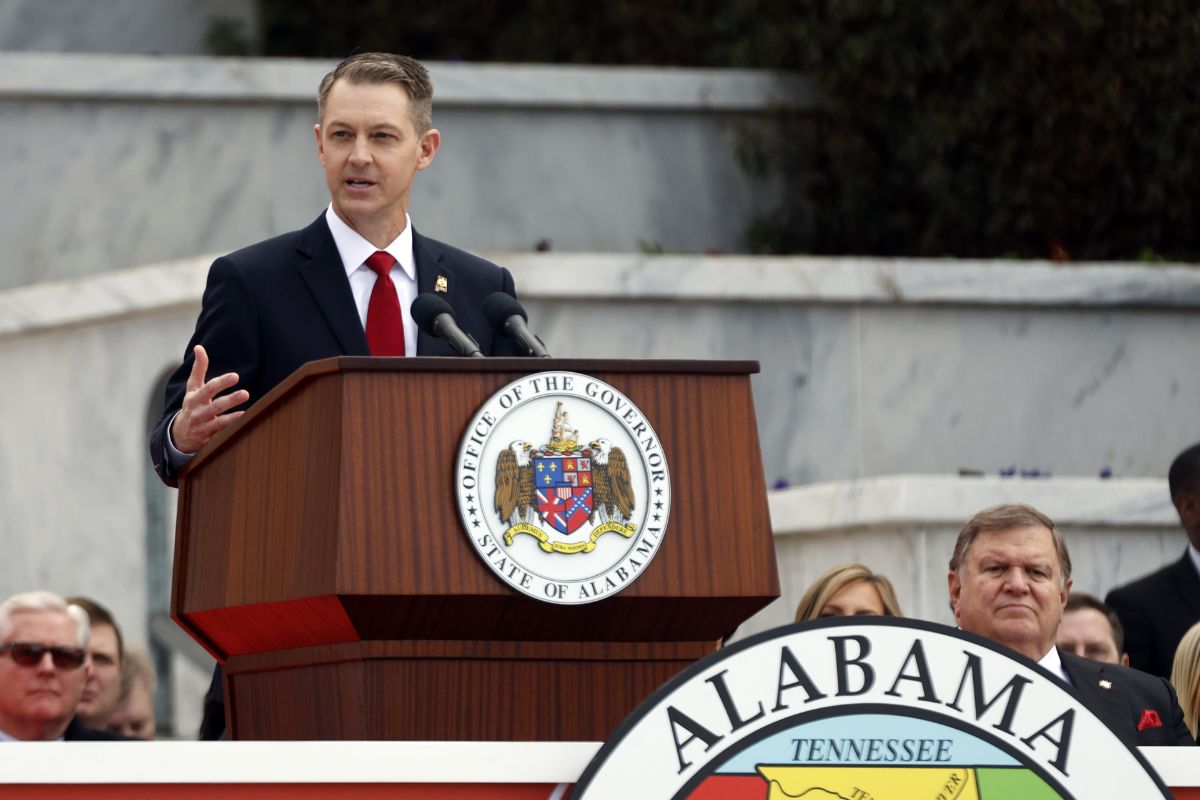Alabama Secretary of State Slammed for Biden: Amidst the unfolding controversy surrounding Alabama Secretary of State Wes Allen’s decision, questions loom over the potential exclusion of President Joe Biden and Vice President Kamala Harris from the state’s ballot. As Democrats scrutinize the consistency of Allen’s actions, concerns about past exceptions during the 2020 election cycle emerge, hinting at a deeper political entanglement.
The implications of this dispute extend beyond the state’s borders, impacting the upcoming elections in Alabama. Stay tuned as we explore the complexities of aligning national party processes with state election requirements and the broader implications for electoral integrity and voting rights.
Alabama Secretary of State Wes Allen’s Ballot Controversy
The controversy surrounding Alabama Secretary of State Wes Allen’s handling of the ballot issue has sparked criticism and debate among political circles in the state. Allen’s decision to potentially exclude President Joe Biden and Vice President Kamala Harris from the state’s ballot due to a deadline technicality has drawn sharp rebuke from Alabama Democratic Party leaders.
While Allen cited the state’s statutory deadline for candidate certification, Democrats pointed to past exceptions granted, particularly during the 2020 election cycle when a similar situation arose with the Republican National Convention.
Tabitha Isner, vice chair of the Alabama Democratic Party, highlighted the perceived inconsistency in Allen’s approach, noting that accommodations were made for Republicans in the past but seem unattainable for Democrats currently. Despite the pushback, Allen emphasized his commitment to upholding state laws, specifically referencing the necessity of adhering to Alabama code section 17-13-41(b).
The implications of this dispute could have a significant impact on the upcoming election in Alabama, a state historically dominated by Republicans but with pockets of Democratic support, especially in regions with significant Black populations.
Background and Precedent
Alabama Secretary of State Wes Allen’s handling of the ballot issue has prompted scrutiny regarding the background and precedent surrounding candidate certification in the state. Allen’s decision to potentially exclude President Joe Biden and Vice President Kamala Harris from Alabama’s ballot drew attention to the application of state laws and historical practices in candidate certification.
While Allen cited Alabama code section 17-13-41(b) as the basis for his deadline, Democratic Party leaders highlighted past exceptions made for late submissions. The discrepancy in timing between the Democratic National Convention and Alabama’s statutory deadline underscored the complexities of aligning national party processes with state election requirements.
Allen’s political history, including his support for voting restrictions and involvement in challenging Biden’s 2020 victory, added a layer of scrutiny to his actions. The implications of this dispute extend beyond the immediate ballot controversy, shaping the electoral landscape in Alabama, where Democratic candidates navigate a challenging political terrain against a primarily Republican backdrop.
The clash over candidate certification reflects broader tensions between state election laws, party conventions, and the evolving dynamics of electoral politics in Alabama.
Political Implications and Historical Context
Amidst the contentious debate over candidate certification in Alabama, the political implications and historical context surrounding Secretary of State Wes Allen’s decision are coming under intense scrutiny. Allen’s enforcement of the state’s ballot submission deadline, potentially excluding President Joe Biden and Vice President Kamala Harris, has sparked concerns over voting rights and fairness.
Critics, particularly Democratic Party leaders, question the consistency of Allen’s directive, citing past exceptions made in similar circumstances. Allen’s history of supporting legislation that restricts voting access and his involvement in challenging the 2020 election outcome further intensify the partisan divide surrounding his actions. This controversy reflects broader anxieties about electoral integrity and voting rights, especially in states like Alabama with a history of partisan battles.
The state’s Republican-dominated electoral landscape poses challenges for Democratic candidates, despite pockets of support in certain areas. The unfolding situation not only impacts the upcoming election but also influences the ongoing discourse on electoral processes and voting rights within Alabama and beyond.
News in Brief
The controversy surrounding Alabama Secretary of State Wes Allen’s decision regarding President Joe Biden and Vice President Kamala Harris’s inclusion on the state’s ballot highlights the complexity of aligning national party processes with state election requirements.
The dispute underscores broader concerns about electoral integrity and voting rights, emphasizing the partisan divide in Alabama’s political landscape.
This issue has significant political implications and historical context that may impact the upcoming election in the state.
ALSO READ: AL-2 Congressional Runoff Sparks Division Among Democrats

